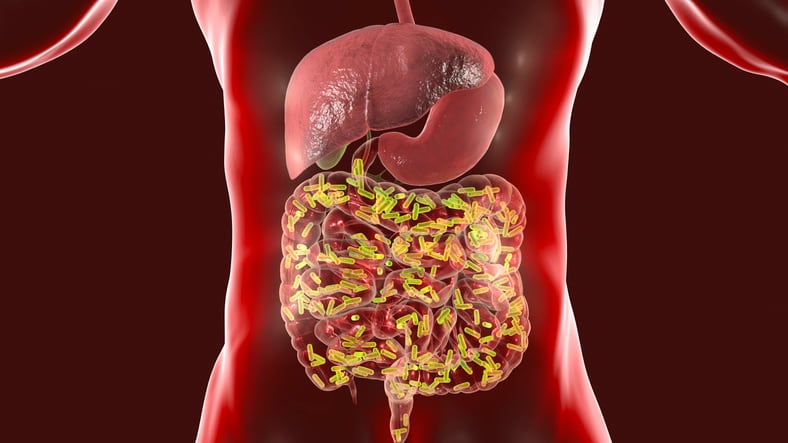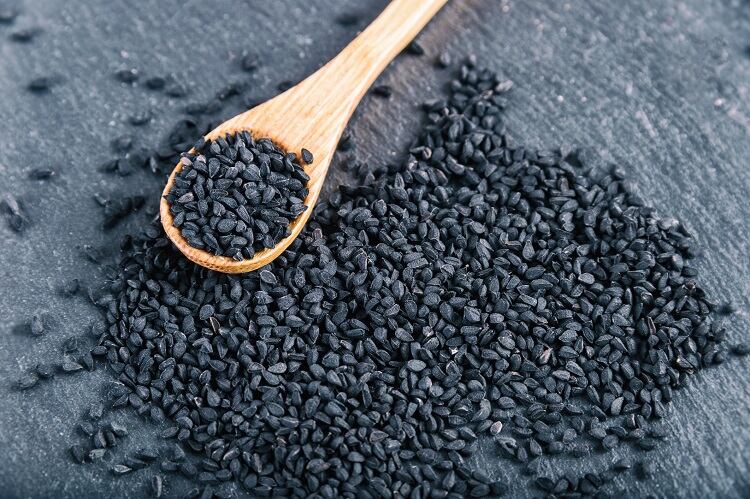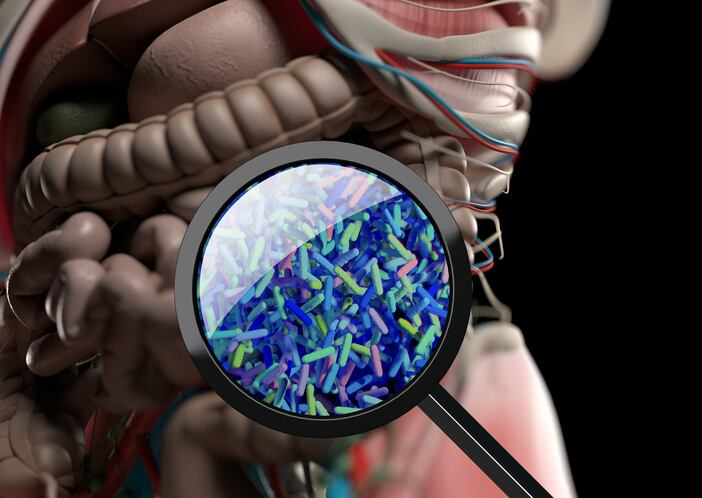A high-sodium diet may modulate the gut microbiome, according to researchers at the Medical College of Georgia at Augusta University.
Dr. Haidong Zhu, molecular geneticist at the Georgia Prevention Institute at the Medical College of Georgia at Augusta University, said there is growing evidence that the microbiome plays a direct role in regulating blood pressure and a high-salt diet can interfere with a healthy direction.
The American Heart Association recommends Americans consume less than 2,300 milligrams of sodium daily, however, most adults consume more like 3,400 milligrams.
Since the circulating short-chain fatty acids (SCFAs) are microbial in origin, scientists wanted to see if a modest sodium reduction would alter circulating SCFA concentrations among untreated hypertensives, predicting that the changes would be associated with reduced blood pressure and improved cardiovascular phenotypes.
The results, published in the journal Hypertension, suggest that reducing salt intake is beneficial for the gut as well as blood pressure, particularly in females with untreated hypertension.
The study
This randomized, double-blind, placebo-controlled cross-over trial included 145 participants (42% blacks, 19% Asian, and 34% females) with untreated hypertension. They were each given either low sodium or placebo tablets for 6 weeks. Half of the participants received either a sodium tablet or placebo tablet 9 times daily for 6 weeks, then the groups switched.
Blood samples were also collected in order to study their circulating short-chain fatty acids profiles.
Findings
In the blood samples of the 145 participants with untreated hypertension, the scientists found that, especially for the females, just six weeks of a daily sodium intake close to the 2,300 milligrams recommended by groups like the American Heart Association, resulted in increased levels of short-chain fatty acids circulating in the blood. These increased levels are an indicator of a healthy microbiome. Additionally, the hypertensive adults also experienced decreased blood pressure and more compliant blood vessels.
The results revealed that sodium reduction increased in all 8 of the short-chain fatty acids, with the end product of the fermentation of fibers consumed by gut microbiota.
“Our results show that dietary sodium reduction increases circulating SCFAs, supporting that dietary sodium may influence the gut microbiome in humans. There is a sex difference in SCFA response to sodium reduction. Moreover, increased SCFAs are associated with decreased blood pressures and improved arterial compliance.”
Gender and the gut
Improvements were observed in both genders, however, the shifts were most dramatic for females. Microbiota is impacted largely through diet and environment, but also gender.
“Sodium is a factor in both sexes, but the impact in relationship to the gut microbiome seems more in females,” said Zhu. “We need to study it further to see if that is true and why it’s true if it holds. It may be that high-salt affects blood pressure through different pathways in males and females.”
The authors said this is the first study study to examine how decreasing salt intake in humans affects circulating SCFAs. Animal studies have found that a high-salt diet alters the gut microbiome, but there is still little human data.
A larger study is in the pipeline that involves a more direct look at the microbiome. The researchers plan to examine fecal samples to more directly assess microbiome content and to see whether the gender differences they came across are consistent.
Source: Hypertension
2020;76:73–79 https://doi.org/10.1161/HYPERTENSIONAHA.120.14800
“Modest Sodium Reduction Increases Circulating Short-Chain Fatty Acids in Untreated Hypertensives”
Authors: L. Chen, et al.




